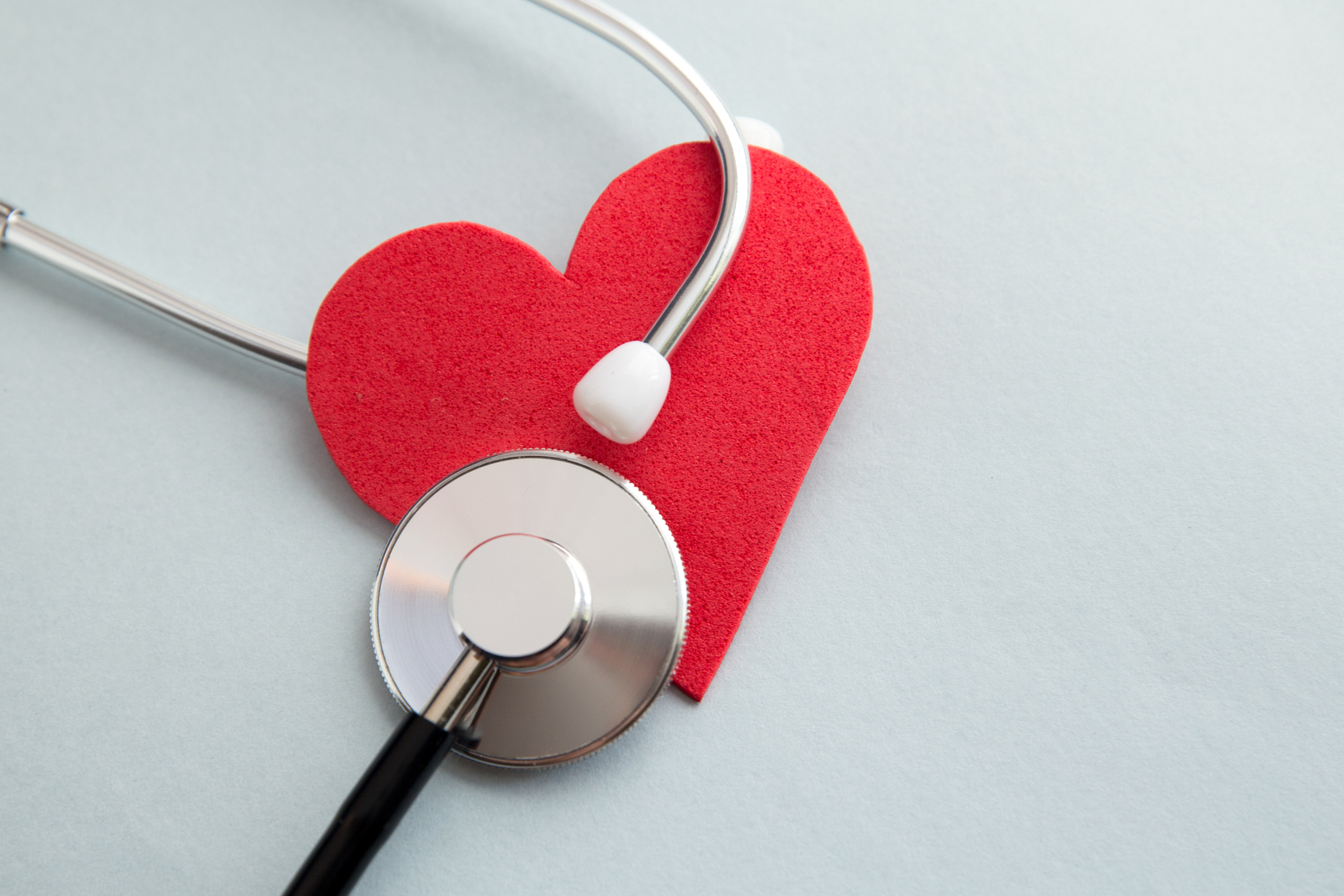Get Easy Health Digest™ in your inbox and don’t miss a thing when you subscribe today. Plus, get the free bonus report, Mother Nature’s Tips, Tricks and Remedies for Cholesterol, Blood Pressure & Blood Sugar as my way of saying welcome to the community!
How a nutritional deficiency can starve your heart following surgery

Did you know that patients who are treated for cancer or even stomach conditions are monitored constantly to check their nutritional status to keep them healthy? Yet, if you’ve had to undergo heart surgery, you’re pretty much on your own.
I don’t know about you, but I found that to be absolutely crazy…
And so apparently did a team of researchers from the Pirogov Clinic of High Medical Technologies at St Petersburg University, who have now discovered that if you’ve had heart surgery, your nutritional status could make all the difference in your recovery and your survival.
Nutritional deficiencies and complications following surgery
The team began their study in 2011 to not only identify the prevalence of nutritional deficiency among people who underwent heart surgery but also to identify postoperative complication risks.
For eight years, they monitored more than 1,000 subjects using a questionnaire survey on various scales and following their ratio of muscle and fat mass to track markers of starvation. And as the researchers feared, patients who weren’t getting the nutrition they desperately needed were far more likely to suffer a complication, including a severe or life-threatening one.
In fact, they found that the higher the degree of nutritional deficiency, the higher the probability of a complication occurring.
Additionally, the researchers were able to identify a small group of cardiac surgery patients who were at special risk for complications due to malnutrition — those with valvular heart disease.
Nutritional deficiency and cardiac cachexia
You have to ask yourself how could someone suffer malnutrition and their doctor not see it — much less themselves?
Well, here’s where it gets tricky…
You see, after severe heart failure or heart surgery, a person can suffer malnutrition while still appearing to be normal weight. Edema (fluid buildup in the body) can even make them appear overweight.
The medical community even has a special term for it — cardiac cachexia.
It can happen due to everything from low cardiac output to drugs that suppress their appetite. And it can lead to symptoms like weakness or rapid weight loss since the nutrients they need to stay healthy aren’t being supplied to their body in the right quantities.
The bottom line is that suffering from malnutrition is going to make recovery difficult, maybe even impossible.
Evaluating your risk and guarding your nutrition
So, what do the results of this study mean if you (or someone you love) have had heart surgery?
First, it’s important to keep track of your condition to monitor issues of malnutrition.
According to the researchers, your doctor should be using the MUST scale (Malnutrition Universal Screening Tool) to keep track of your nutritional status.
It’s easy to use and requires answering just a few simple questions to evaluate your risk. And it’s even available online so that you can keep track of your risk between follow-up visits.
Next, focus on good dietary habits to feed your body the nutrients it needs to recover. These include:
- Protein — Eat high-quality proteins like chicken and lean beef or meat alternatives like eggs, tofu, or nuts
- Fatty fish — Aim to consume at least two servings of oily fish like salmon or sardines each week to get your omega-3s, or take a quality fish oil supplement like Peak Krill Oil™
- Whole grains — Add in whole grains such as oatmeal, brown rice and whole wheat pasta to your diet.
- Dairy — Low-fat yogurt, cheese and milk can be added in moderation.
- Healthy fats — Focus on healthy fats like avocadoes, nuts, seeds and extra virgin olive oil.
- Water — Skip the sodas and alcohol and drink plenty of water each day.
- Fruits and veggies — Shoot for two servings of fruit plus five servings of vegetables per day.
One of the most important nutrients for the heart is CoQ10 — so it’s no surprise the Mayo Clinic also recommends taking CoQ10 for people who have undergone heart surgery. Great food sources include some of the list above — grains, oily fish and organ meat.
But if your appetite isn’t up to par following surgery, it’s available in supplement form.
Editor’s note: There are perfectly safe and natural ways to decrease your risk of blood clots including the 25-cent vitamin, the nutrient that acts as a natural blood thinner and the powerful herb that helps clear plaque. To discover these and other secrets of long-lived hearts, click here for Hushed Up Natural Heart Cures and Common Misconceptions of Popular Heart Treatments!
Sources:
Coenzyme Q10 — Mayo Clinic
After Cardiac Bypass Surgery — St. Vincent’s Hospital Heart Health
Scientists find out how nutrition affects the recovery of patients after cardiac surgery — EurekAlert!












